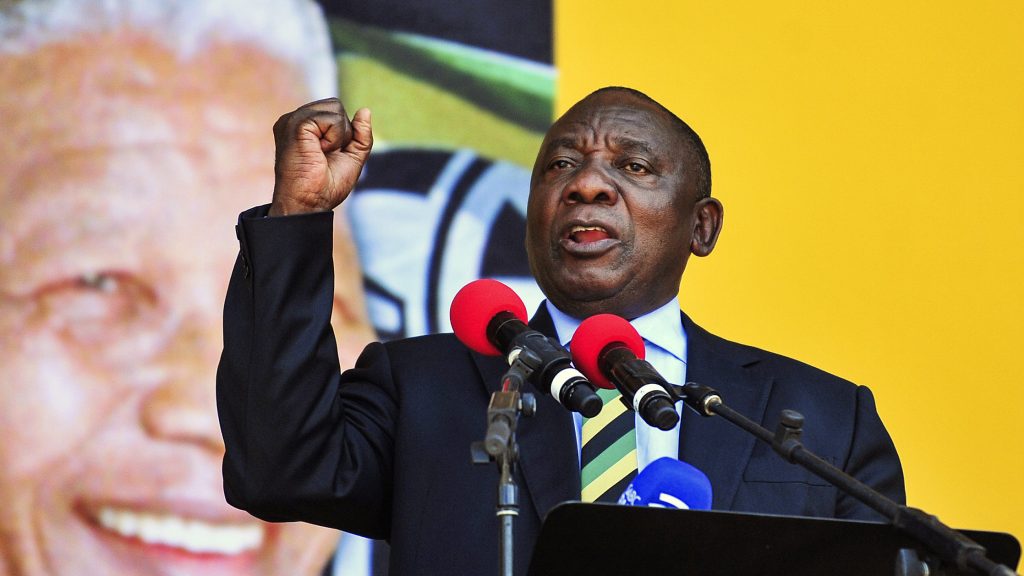South Africa’s President Cyril Ramaphosa signed the National Health Insurance (NHI) Bill into law on Wednesday, May 15, just two weeks ahead of a highly-contested general election in the country.
The new law promises universal healthcare for all South Africans regardless of their socio-economic status, as enshrined in the Constitution. This marks the most significant overhaul in the healthcare sector since the end of apartheid three decades ago.
However, this decision has encountered staunch opposition from the principal opposition party, the Democratic Alliance (DA). The party has accused the president of sanctioning the “death knell” for healthcare in South Africa, while citing concerns over its affordability and susceptibility to corruption.
The National Health Insurance scheme aims to establish a government-funded pool to cover medical expenses for all South Africans, which disallows private health insurance for services covered by the pool. The scheme
This issue has sparked debates as it diverges from systems such as the UK’s NHS, where citizens have the option to purchase private insurance for supplementary medical services.
Under the NHI, individuals will not be required to make direct contributions to medical schemes for comprehensive healthcare. Instead, the NHI pool will finance essential services, while medical schemes will cater to non-reimbursable services. Private health insurer Discovery critiques this as unprecedented on a global scale.
President Ramaphosa perceives the NHI as crucial in alleviating poverty by rendering healthcare more accessible. The scheme’s political context includes efforts by the ANC to sustain backing amidst electoral pressures.
However, the DA has opposed the NHI, saying it cold lead to significant tax hikes and potential financial mismanagement.
Funding for the NHI will be derived from general taxes, contributions from high-income earners, and monthly contributions from employees. While advocates argue that it will lower overall healthcare expenses, detractors fear excessive taxation and strain on the private healthcare system.
Despite its objectives, the implementation of the NHI faces logistical and financial obstacles amid South Africa’s broader economic difficulties and stretched public services.
The journey ahead may involve legal disputes as opponents challenge the constitutionality and viability of the NHI.
Democratic Alliance announced on Wednesday that it would initiate legal proceedings to challenge the new law.

